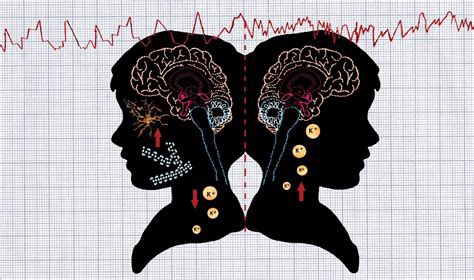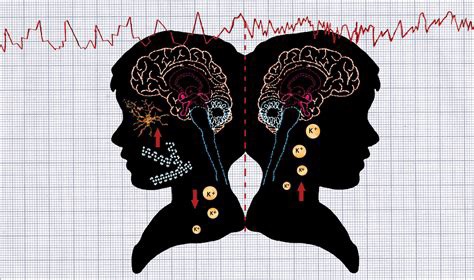Sleep 2.0: Unveiling the Transformative Future of Rest

Introduction:
In a world where technological advancements continue to reshape every aspect of our lives, it comes as no surprise that even the fundamental act of sleep is undergoing a revolution. Welcome to the future of sleep, where cutting-edge innovations and scientific breakthroughs promise to transform our nights and rejuvenate our waking hours. In this article, we will explore the fascinating realm of sleep 2.0 and delve into the emerging technologies and concepts that are shaping its future landscape.
- Personalized Sleep Optimization:
Imagine a sleep routine tailored specifically to your unique needs, optimized to enhance both the quantity and quality of your rest. The future of sleep lies in personalized sleep optimization systems that utilize data from wearable devices, genetic analysis, and neuroimaging techniques to craft individualized sleep plans. These systems will consider factors such as chronotype, sleep architecture, and genetic predispositions to create a sleep environment conducive to your optimal rest. - Brain-Computer Interfaces for Dream Control:
One of the most intriguing frontiers of sleep research is the exploration of dream control using brain-computer interfaces (BCIs). Researchers are making strides in decoding the neural patterns associated with specific dream content, opening up the possibility of manipulating dreams and even experiencing desired scenarios. Lucid dreaming, once a rare phenomenon, could become a trainable skill, offering limitless possibilities for creativity, therapy, and self-exploration. - Smart Sleep Environments:
Sleep environments of the future will be intelligent and responsive, designed to optimize comfort, promote relaxation, and ensure an uninterrupted slumber. Smart beds equipped with sensors will monitor vital signs, sleep stages, and adjust mattress firmness and temperature in real-time to provide the ideal sleep conditions. Ambient lighting, soundscapes, and aromatherapy will work harmoniously to create a tranquil sleep sanctuary personalized to your preferences. - AI-Powered Sleep Coaches:
Bid farewell to restless nights and sleepless anxiety, as AI-powered sleep coaches step into the picture. Combining the power of machine learning and sleep science, these digital companions will analyze sleep data, offer personalized insights, and provide actionable recommendations to optimize your sleep habits. From sleep hygiene tips to circadian rhythm management, AI sleep coaches will become invaluable partners in our quest for better sleep. - Ultradian Sleep Cycles:
Traditionally, sleep has been divided into two main stages: rapid eye movement (REM) sleep and non-rapid eye movement (NREM) sleep. However, emerging research suggests the presence of shorter ultradian sleep cycles within these broader stages. The future of sleep research will focus on understanding these ultradian cycles and their significance in cognitive performance, memory consolidation, and overall well-being. Tailoring sleep patterns to optimize these cycles could unlock enhanced cognitive abilities and greater mental resilience.
Conclusion:
The future of sleep promises a remarkable transformation, where science and technology converge to revolutionize our nocturnal experiences. From personalized sleep optimization and brain-computer interfaces for dream control to smart sleep environments and AI-powered sleep coaches, the possibilities are vast. As we embrace these advancements, it is essential to ensure that ethical considerations, privacy, and the preservation of our natural sleep rhythms remain integral parts of the journey. So, fasten your seatbelts and prepare for an extraordinary era of sleep as we embark on Sleep 2.0, redefining the boundaries of rest, recovery, and human potential.





